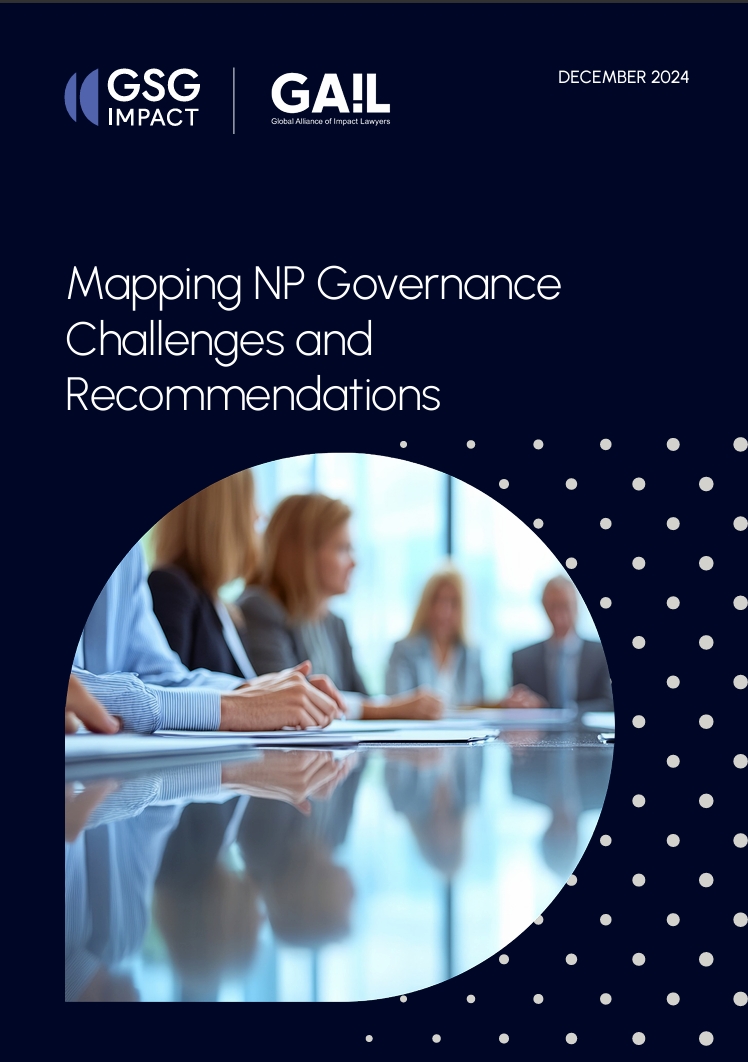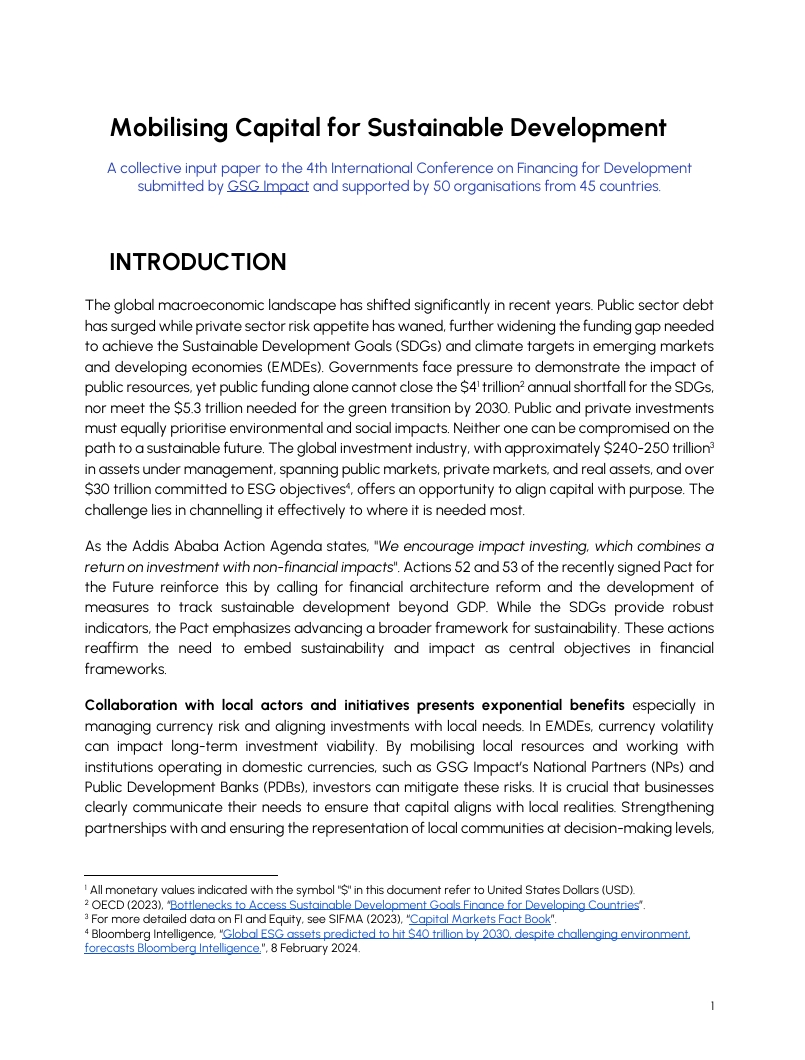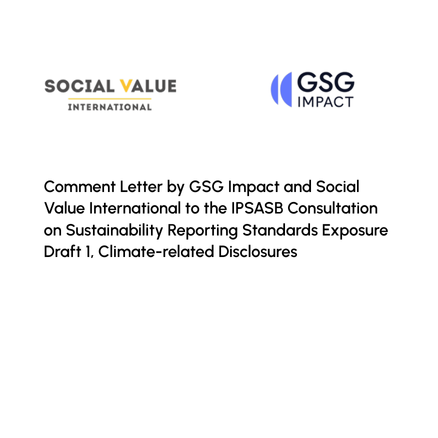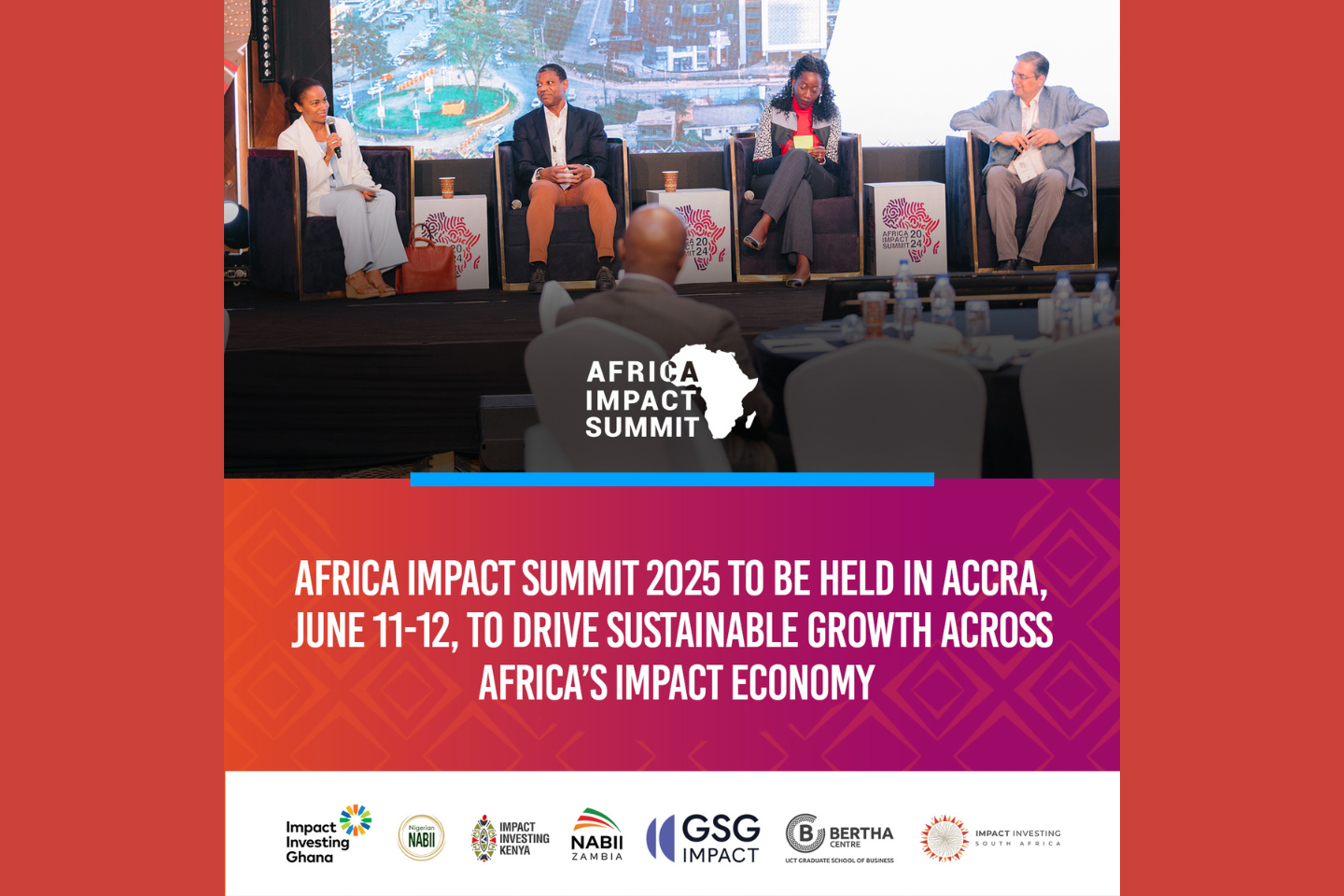
How Innovative and Sustainable Is Your Government?
The SDG-driven Innovation Ecosystem approach, championed by GSG Impact and other actors, contends that attaining the UN Sustainable Development Goals (SDGs) requires a paradigmatic and transformational innovation that cannot be solely generated by any single actor but rather by an ecosystem of actors from disparate sectors and domains.
This collective effort involves committing various resources, including financial support, research, and expertise, towards achieving shared goals.
As the primary institution in the ecosystem, the government has a critical role in ensuring that different actors’ resources and efforts are aligned towards achieving the SDGs. As part of the work of our Consortium on SDG-driven tech Innovation Ecosystems, which GSG Impact co-leads together with Nationa Partners from Israel, Portugal, France, and Italy, we are looking at reliable data and useful resources that compare the best practices of innovative and sustainable governments.
In this blog, we explore some of the most comprehensive international databases and frameworks that offer valuable information and insights into best practices for innovative and sustainable governments. These resources provide a holistic approach to monitoring and evaluating progress towards achieving the SDGs and promoting accountability in the pursuit of shared goals.
Resources for Innovative Governments
The OECD has a few great resources. Its EC-OECD STIP Compass is a database that collects together in one place qualitative and quantitative data on national trends in science, technology and innovation (STI) policy from OECD member countries, supporting the continuous monitoring and analysis of countries’ STI policies in each country. The database addresses all areas of STI policy, involving initiatives spread across different ministries and national agencies. With STI as the common lens, the STIP Compass database presents data on the following domains:
- Governance
- Public research
- Innovation in firms and innovative entrepreneurship
- Science-industry knowledge transfer and sharing
- Human resources for research and innovation
- Research and innovation for society
- Countering impacts of COVID-19 on STI systems

Source: STIP Compass
Moreover, the Observatory of Public Sector Innovation (OPSI), another OECD initiative aims to promote innovation in the public sector, serves as a platform for governments, policymakers, and other stakeholders to exchange knowledge and best practices, and to identify emerging trends and opportunities for innovation. Its Anticipatory Innovation Resources (AIR) helps policy practitioners and experts in public sector innovation get started with anticipatory innovation. Additionally, the Government at a Glance, published every two years by OECD, suggests input indicators on public finance and employment; process indicators on regulatory governance, public procurement, governance of infrastructure, public sector integrity, open government and digital government.
Resources for Sustainable Governments
Sustainable Governance Indicators (SGI) presents a comprehensive framework and dataset to evaluate and compare the performance of countries in the areas of Sustainable Policies, Robust Democracy, and Good Governance. Developed by the Bertelsmann Stiftung Foundation in Germany, the SGI framework covers a range of policy areas, which includes democracy and governance, economic policy, social policy, and environmental policy, providing a set of indicators for each of these areas.
To discover resources for sustainable finance, consider exploring Sustainable Finance Hub, which is a platform developed by the United Nations Development Programme (UNDP) that provides valuable information and tools. Aiming to support countries in aligning their financial systems with the SDGs, the hub explores an overview of sustainable finance activities, which includes 1,055 initiatives across 145 countries, providing guidance and tools for governments, financial institutions, and other stakeholders to mobilise private capital towards sustainable development.
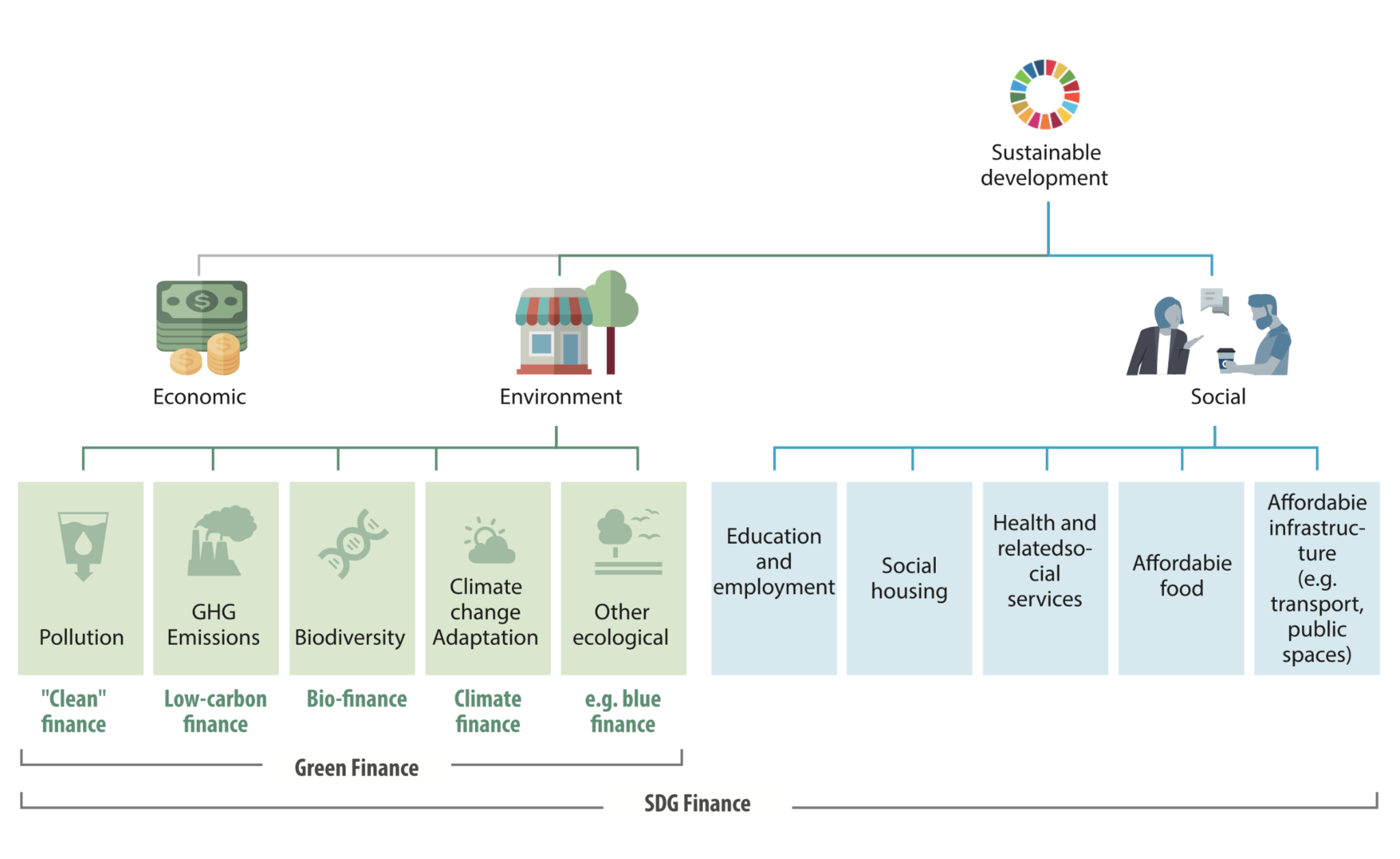
Source: SDG Finance Taxonomy
By utilising the resources and frameworks discussed in this blog, governments can benchmark their progress on innovation and sustainability, assess their policies and performance, identify areas of improvement, and take proactive steps towards achieving the SDGs. This will foster an environment where all actors are committed to advancing shared prosperity, social inclusion, and environmental stewardship, thereby laying the foundation for a robust ecosystem, which GSG Impact and its National Partners are dedicated to achieving.



